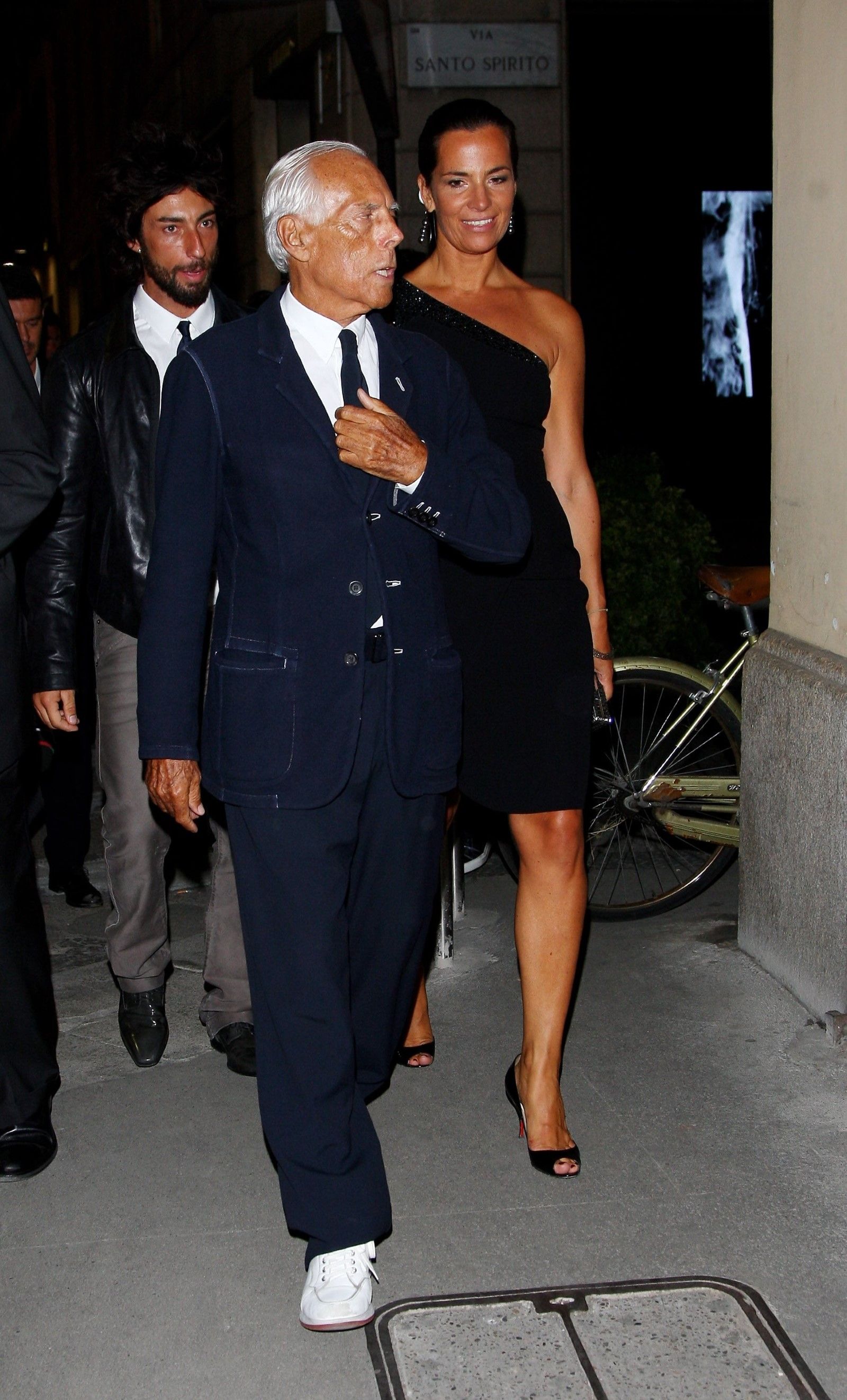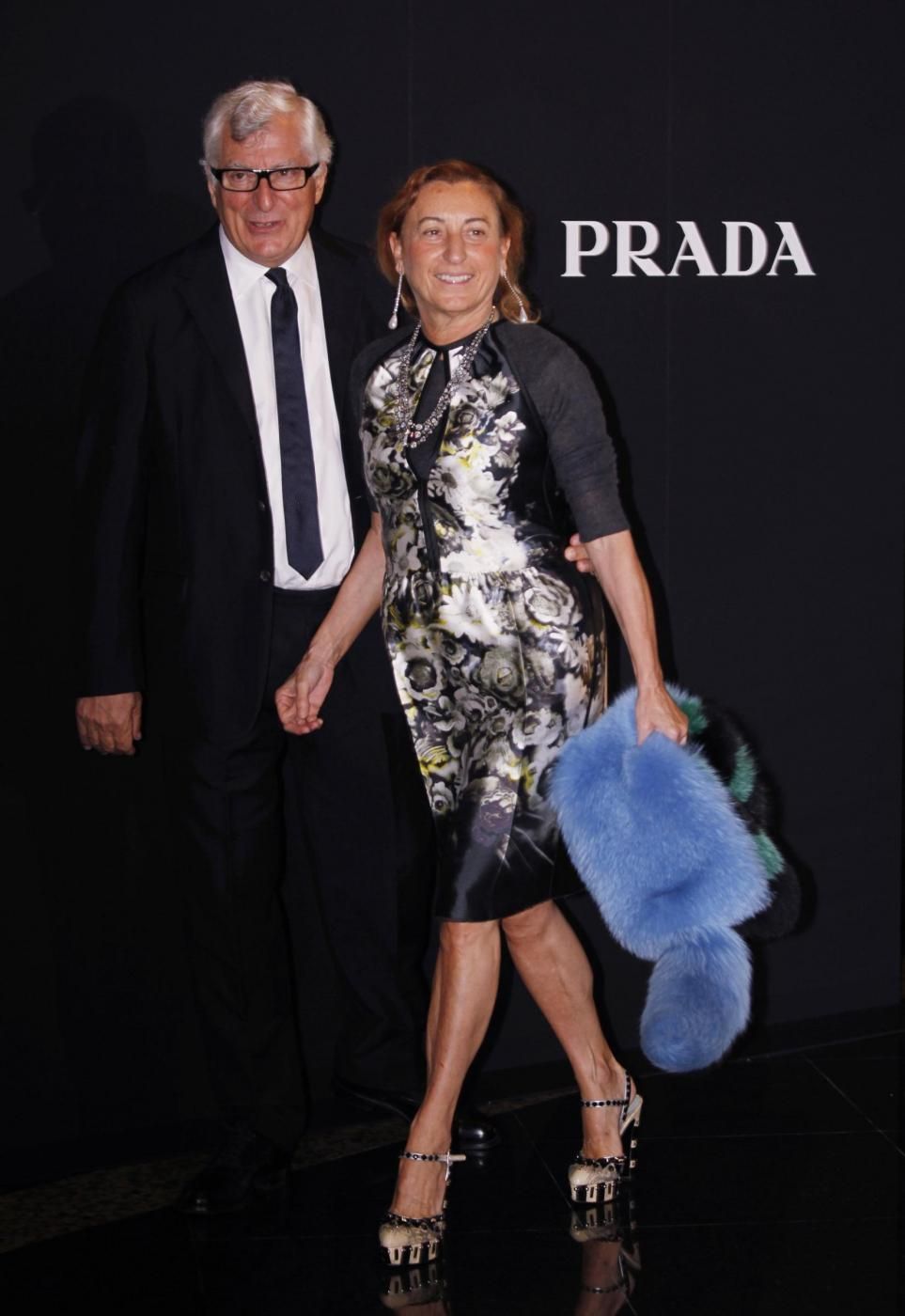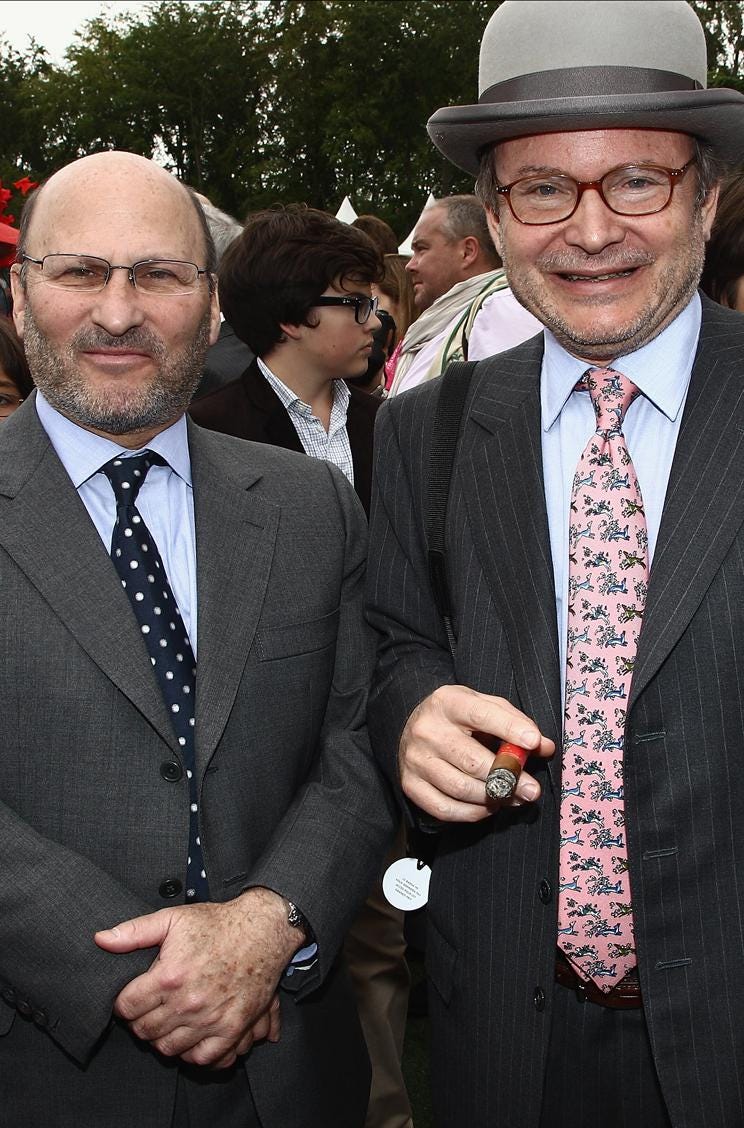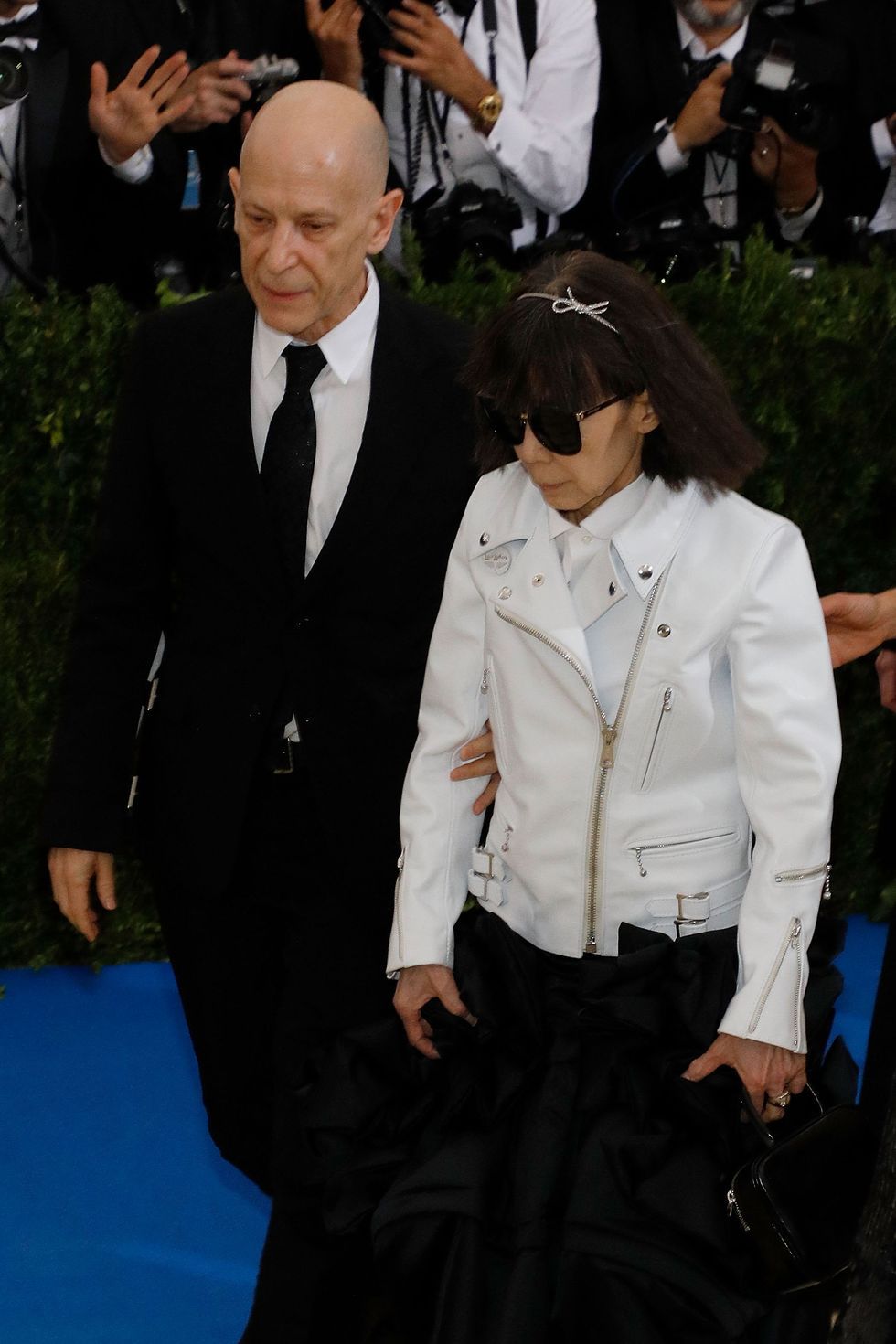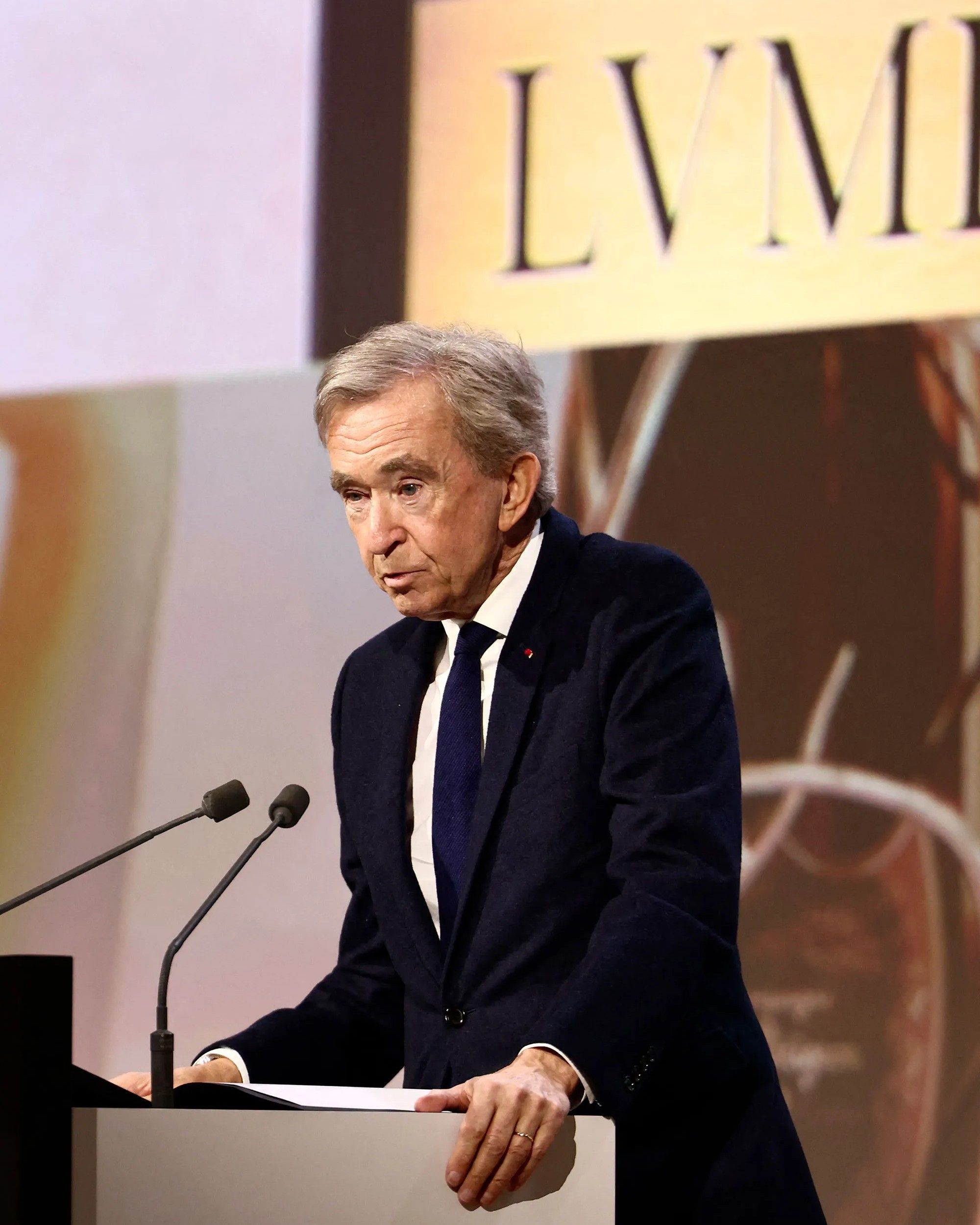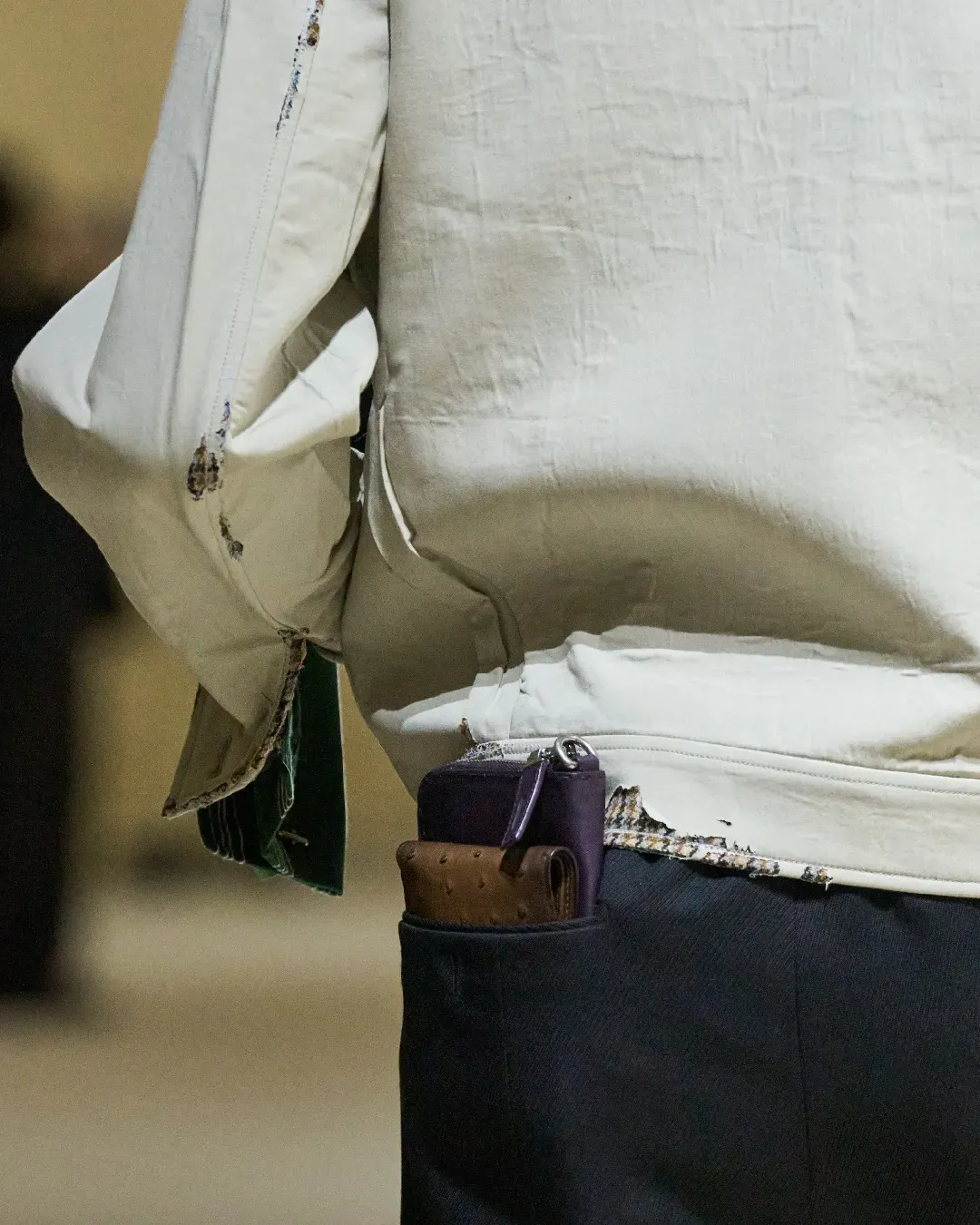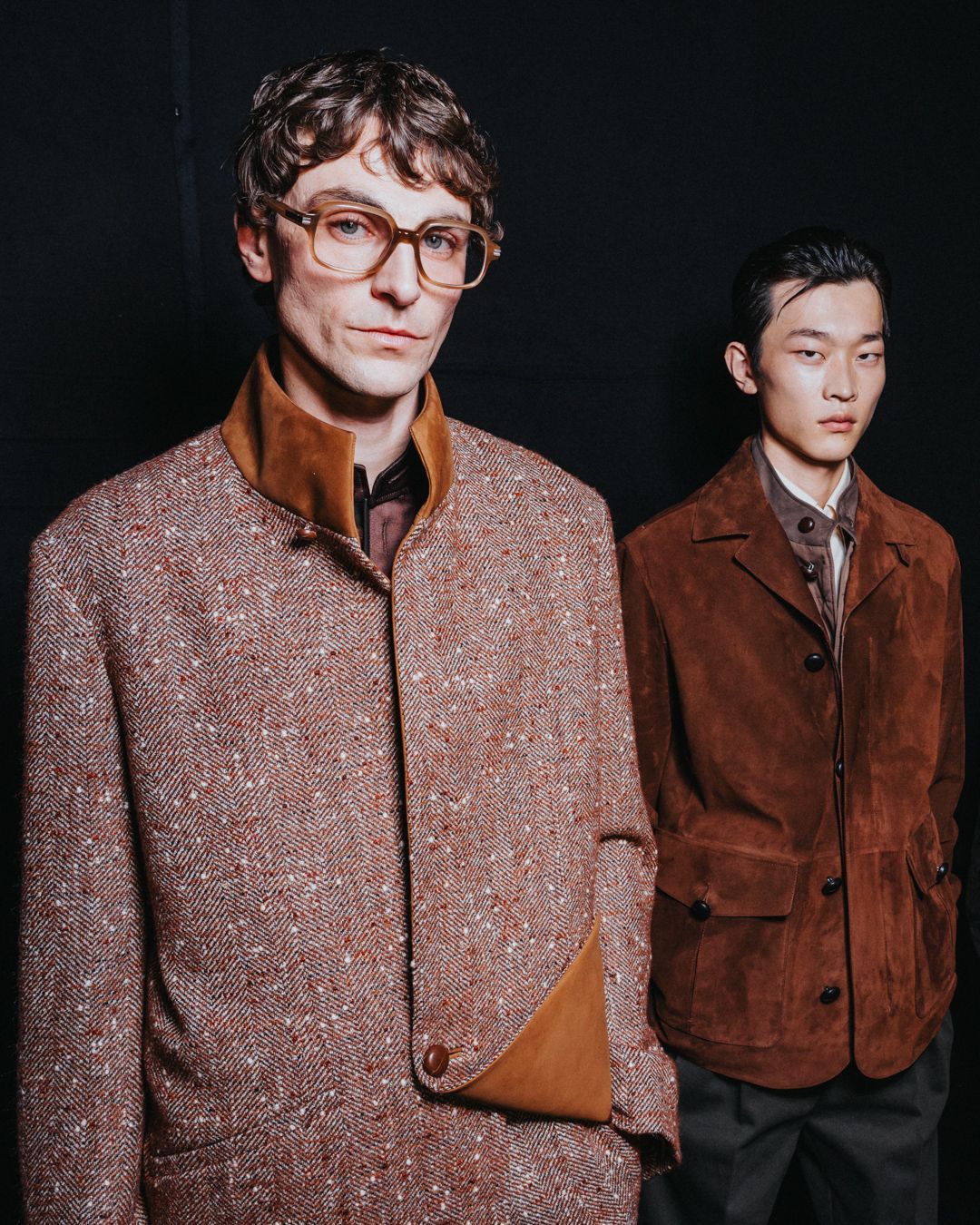
Will 2023 be the year of generational change in fashion? The old guard is, needless to say, old - but we need to figure out what the new
It is difficult to talk about the succession of a large multinational corporation without hearing the soundtrack of the HBO series of the same name in your mind. Yet the plot of Succession must not be too far from reality when it comes to the Arnaults, the richest family in the world as well as the reigning dynasty of LVMH, whose patriarch, Bernard, also known as "the wolf in cashmere," has given rise to speculation that a succession plan may have gotten underway. Although he reconfirmed his control over the company last March, calling for raising the age ceiling for the group's CEO (i.e., himself) from 75 to 80, Arnault appointed his second son Antoine Arnault as CEO and vice chairman of the holding company Christian Dior SE (which controls LVMH and is separate from Christian Dior Couture, i.e., the brand we know, and Parfums Christian Dior), transforming the family's main holding company, Financière Agache, into a limited partnership that will control the majority stake in LVMH, which is expected to be divided equally among the five sons - all of whom are currently employed in managerial positions in the group's brands.
Antoine Arnault will still remain CEO of Berluti and chairman of Loro Piana, as well as head of communications and image at LVMH, thus holding a position of power similar to that of his sister Delphine. Still little is clear. More transparent are the succession plans of the Prada Group, which has appointed new top managers and interim CEOs with the explicit goal of handing over the keys to the kingdom to Lorenzo Bertelli over the next three years. Elsewhere, with no mention of succession, the idea of generational change is floating around the headquarters of the entire luxury industry: Giorgio Armani is 88, Rei Kawakubo 80, Johann Rupert of Richemont is 72 and has three children, while Alain and Gérard Wertheimer are 74 and 71, respectively, and a total of five children. It is therefore natural to wonder if 2023 will be the year when the great fashion tycoons finally pass the baton.
It is frankly difficult to identify a specific year as the precise watershed in the generational continuity of several companies, but we could confidently define 2023 as the year when the issue of succession will become most clear and evident. Preceding everyone in the succession issue was Michael Kors, who in 2019 pocketed the appointment as honorary chairman of Capri Holdings, relinquished the presidency and CEO rank to John D. Idol, and put his soul at rest after a lifetime of great business success. In historic European companies, however, whose management is more dynastic than familiar, two types of cases occur: those where the subject of succession is taboo and those where management's future steps are discussed more transparently. If at LVMH, for example, it is unclear which of Arnault's five children will end up sitting on the presidential throne, even though it is the eldest Delphine and Antoine who have the most administrative relevance, and BoF itself has spoken of succession as a "taboo," Prada has clearly indicated an heir in Miuccia Prada and Patrizio Bertelli's only son; so has Brunello Cucinelli with his two daughters Carolina and Camilla. Other industry giants such as François-Henri Pinault or Remo Ruffini have never spoken on the subject, even though they are still ten years too young to start thinking about it, while the Mayhoola group, linked to the Qatari royal family and in particular to Sheika Moza bint Nasser Al-Missned, appears to be firmly driven and solid in the shadow of Doha's skyscrapers. Nevertheless, it is clear that we have reached a point where the generation that at the end of the last century created those mega-institutions that hold up the current fashion industry is beginning to think about or at least face the idea of their retirement - with them will end a way of doing business and especially of understanding fashion.
I feel like we are in a fashion episode of succession lmao
— Kim (@TheKimbino) November 10, 2021
If what we might call "the founding generation" built several empires over multi-decade careers, it also gave birth with them to the current status quo of the fashion industry, a system made up of profound imbalances and above all aggressive as well as poorly sustainable business practices. Behind the democratization of fashion, the commodification and centralization of luxury brands, and behind the very model of development of so many of today's brands are precisely those CEOs about whose actions, today, doubts and skepticism hover: that fashion has become extremely commercial, standardized and distant from the original values of craftsmanship and uncompromising quality, in a context of savage consumerism, is no secret, the press has been saying for years. Many bemoan the decline in the quality of luxury products, others the prices that have now risen beyond any conceivable guardrail, still others point to CEOs as the handbrakes holding back the imagination of the new cohort of young creative directors and designers while all bemoan a system that enriches itself at the expense of emerging-economy countries and the environment - that generational change in the presidential offices of brands can change this system from the ground up is not certain, nor is it obvious or easy, but it may be possible. The task of the new generation, after all, will be to hold up what the previous one built, maybe improving on it.









































